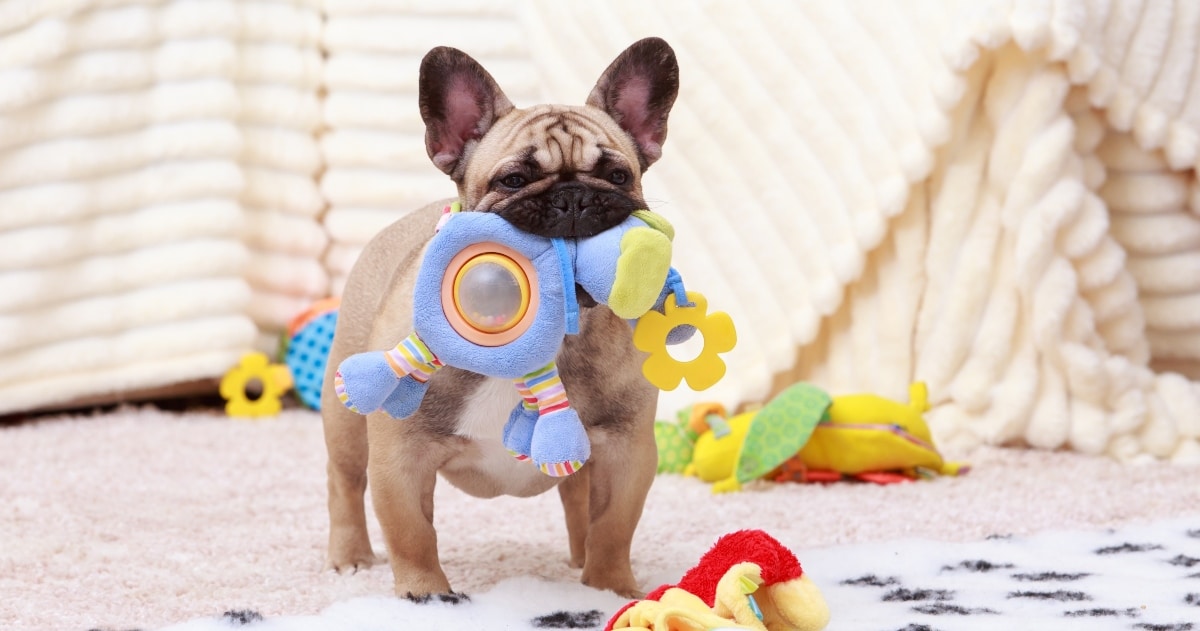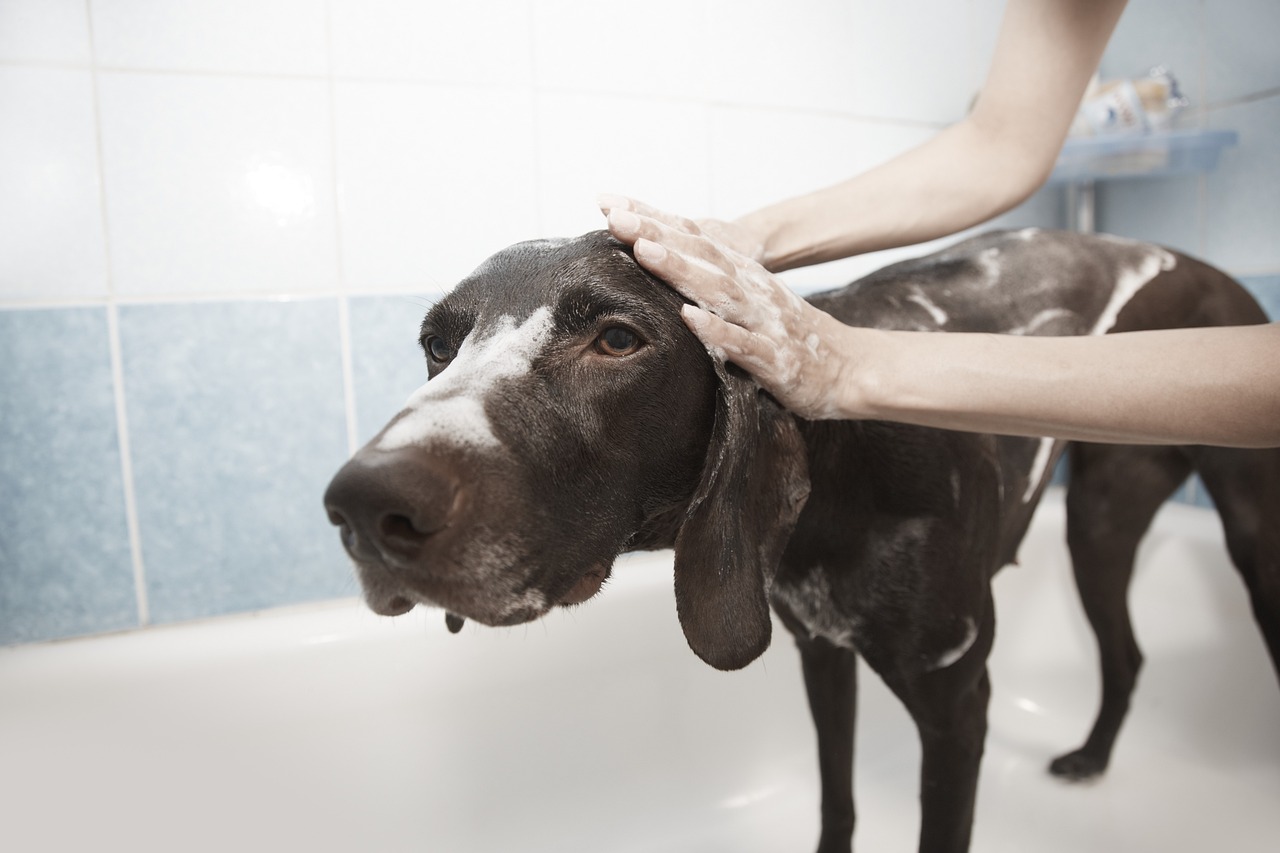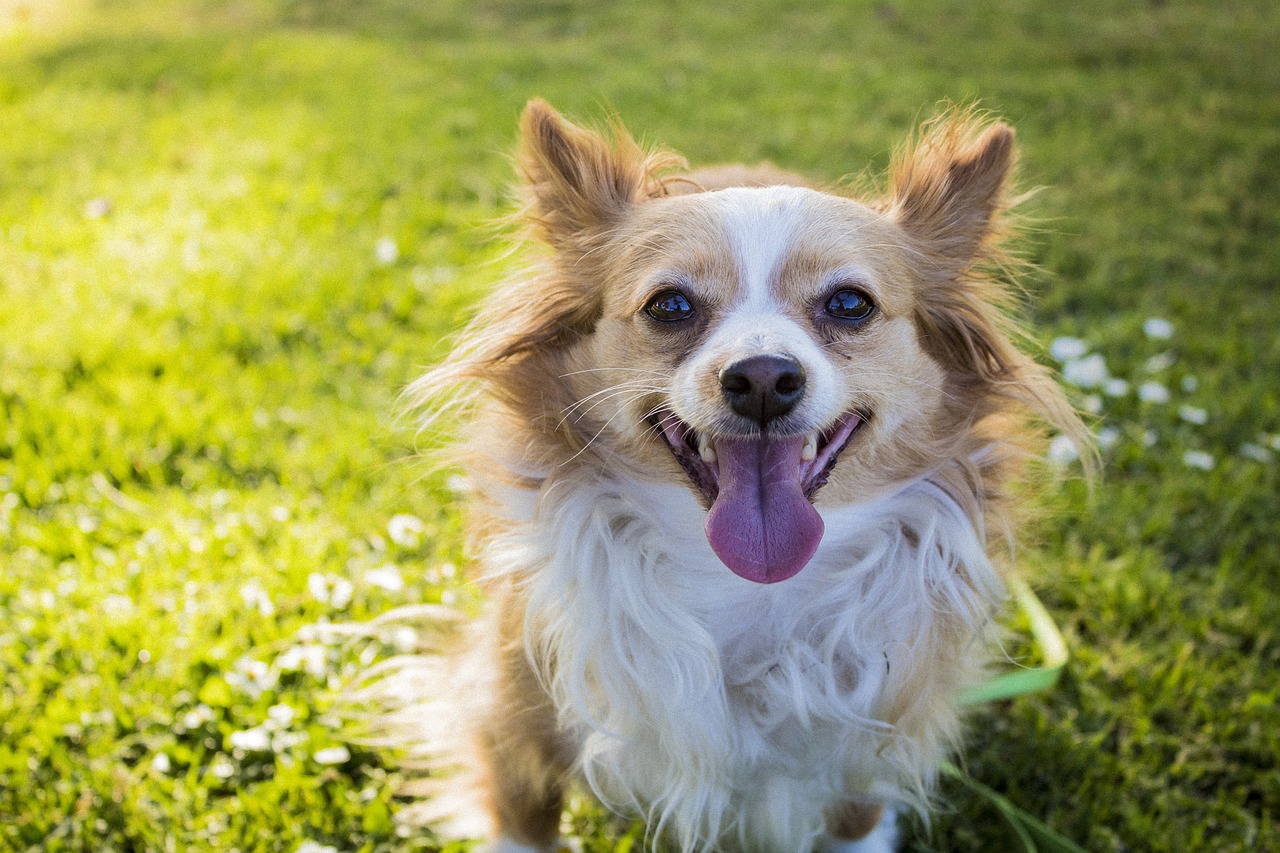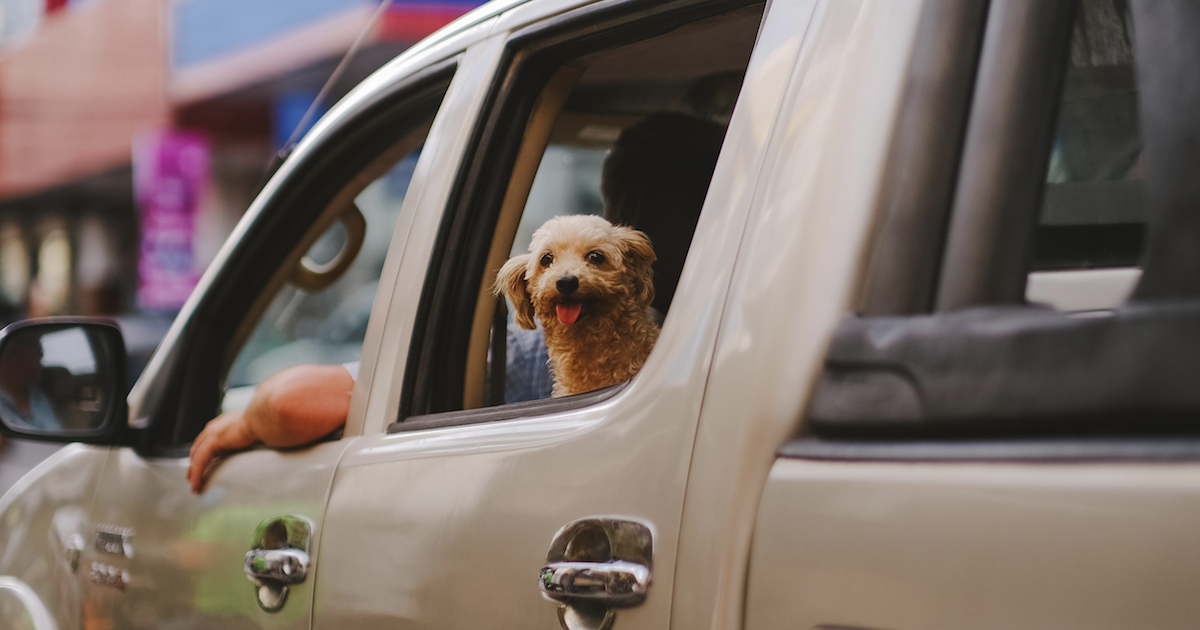Getting a new puppy is exciting, but it definitely comes with its own set of challenges. Even if you’ve had dogs before, some things can still catch you off guard.
Here, I’ll go over four common struggles for dog owners: potty training, chewing, midnight wake-ups, and teaching basic commands. I’ll break down why each one is tough and share some practical tips that have worked for me.
By the end, you’ll have some real-world tips to make life with your dog a bit easier, whether you’re dealing with a shoe-chewer or a pup who thinks 2 a.m. is playtime. Let’s get into what’s tough and how to handle it.
Potty Training: The Ultimate Challenge?
Potty training is usually the first big challenge for new dog owners. It can feel overwhelming, but patience and sticking to a routine really do pay off.
Why It’s Challenging
Puppies can’t control their bladders at first, and figuring out where to go is totally new for them. They don’t know the difference between inside and outside yet, so accidents are just part of the process.
How to Succeed in Potty Training
- Set a routine: Take your puppy out first thing in the morning, after meals, and before bed. Doing the same thing every day helps them learn what’s expected.
- Use positive reinforcement: Give your puppy a treat or lots of praise right after they go outside. This helps them connect the dots.
- Supervise and confine: Keep an eye on your puppy when you’re home. If you can’t watch them, a crate can help by limiting where accidents can happen.
It might feel like it takes forever, but most puppies are potty trained by around six months old.
Chewing: A Natural Instinct That’s Hard to Manage
Chewing is totally normal for dogs, especially puppies. Still, it’s frustrating when your favorite shoes or the couch become their target.
Why Dogs Chew
Puppies use their mouths to explore, and teething means they need to chew to soothe their gums. Older dogs might chew if they’re bored, anxious, or just want your attention.
How to Curb Destructive Chewing
- Give them plenty of chew toys: Make sure your dog has safe, sturdy toys to chew. Switch them out now and then so your dog doesn’t get bored.
- Redirect: If you catch your dog chewing something off-limits, calmly swap it for a toy instead.
- Exercise and mental stimulation: A tired dog is less likely to chew just for fun. Make sure your dog gets enough play and things to do.
Chewing is a phase, but you have to stay on top of it and redirect so it doesn’t turn into a habit.
Midnight Wake-Ups: The Curse of the Late-Night Barking
It’s 2 a.m. and your puppy is wide awake, barking. If this sounds familiar, you’re not alone. Midnight wake-ups are one of the most exhausting parts of having a new puppy.
Why It Happens
Young puppies have tiny bladders, so they might need a bathroom break in the middle of the night. They can also feel anxious or just need some comfort in a new place.
How to Handle Midnight Wake-Ups
- Set a bedtime routine: Take your puppy out for a bathroom break before bed, and make sure their sleeping spot is quiet and cozy.
- Try crate training: Crates can help with anxiety and stop nighttime accidents. If your puppy cries, they might need to go out, but if it’s just for attention, try not to give in right away.
- Gradually stretch out the time between nighttime potty breaks as your puppy gets older. They’ll be able to hold it longer and eventually sleep through the night.
This stage is tough, but it usually passes once your puppy gets used to their new routine.
Basic Commands: The Key to Good Behavior
Teaching your dog basic commands like sit, stay, and come is important for safety and manners. But is it harder than potty training or stopping chewing? Let’s see.
Why It’s Challenging
Dogs don’t understand our words right away, so it takes time for them to connect commands with actions. Puppies also have short attention spans, which can make training tricky.
How to Teach Basic Commands
- Keep training sessions short and fun: Dogs learn best in quick bursts, so aim for 5 to 10 minutes a few times a day.
- Use treats as motivation: Most dogs love food, so use treats to reward good behavior right after they do what you ask.
- Be consistent: Use the same word for each action every time. This helps your dog know what you want.
Patience is key. Keep rewarding good behavior and stay consistent, and your dog will start to pick up commands.
Conclusion
So, which challenge is the hardest for new dog owners? It’s tough to say, since each one has its own difficulties. Potty training takes consistency, chewing needs redirection, midnight wake-ups require patience, and basic commands take practice.
Here are the key takeaways to help you succeed:
- Potty Training: Stick to a routine, reward success, and supervise your puppy.
- Chewing: Provide appropriate toys, redirect bad behavior, and ensure adequate exercise.
- Midnight Wake-Ups: Set a bedtime routine, crate train, and gradually reduce nighttime potty breaks.
- Basic Commands: Keep training sessions short, use rewards, and be consistent.
With time, patience, and the right approach, these challenges get easier, and you’ll build a stronger bond with your dog. Enjoy raising your happy, well-behaved pup!



















 English (US) ·
English (US) ·